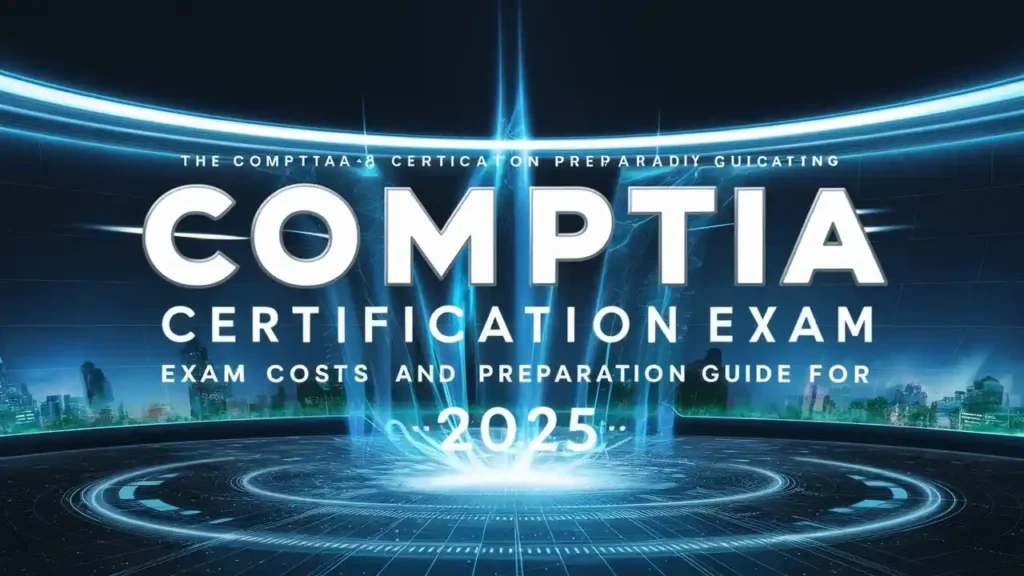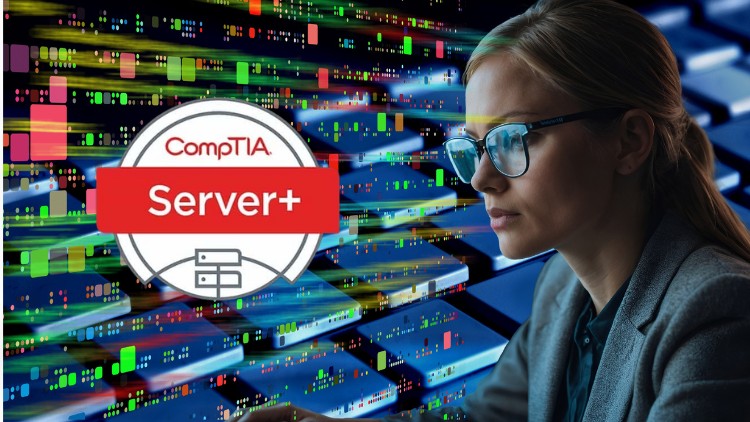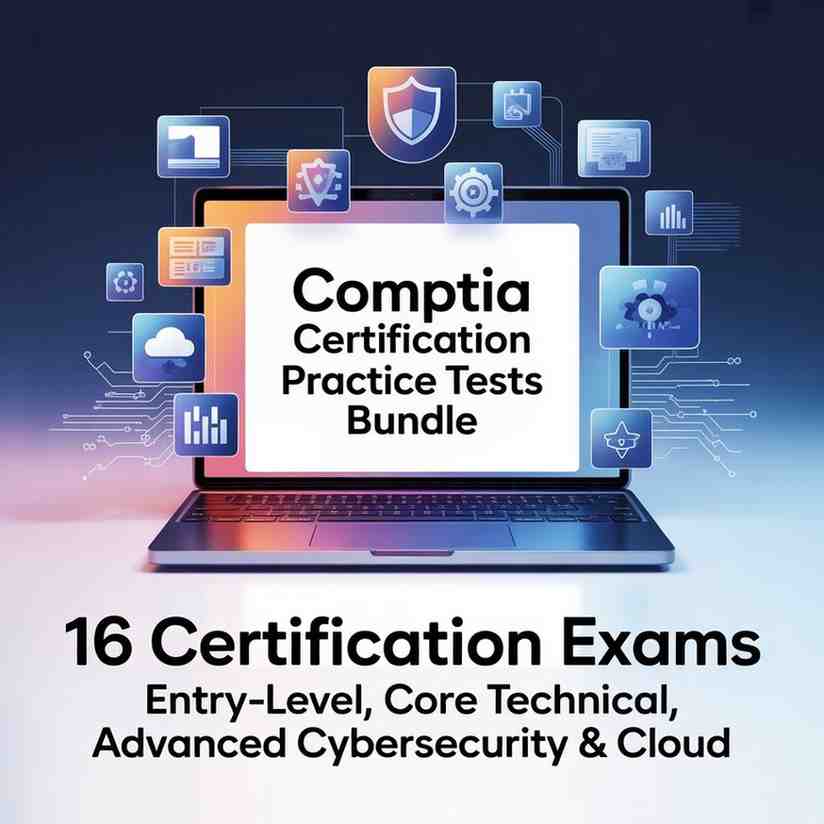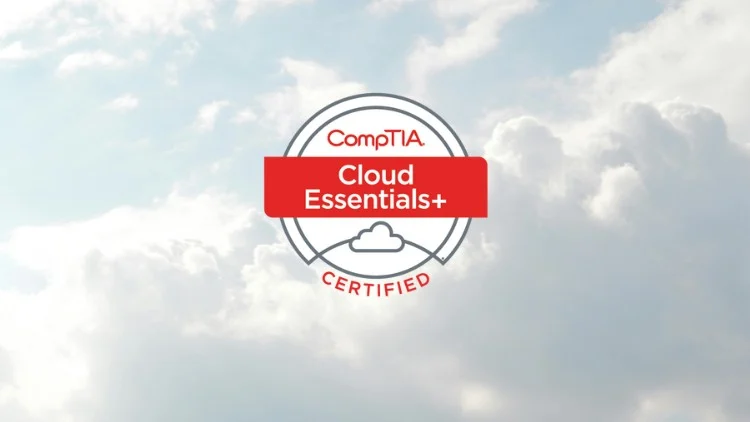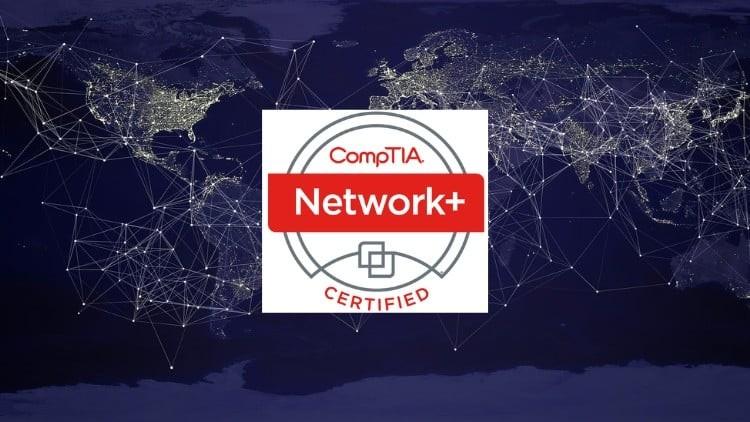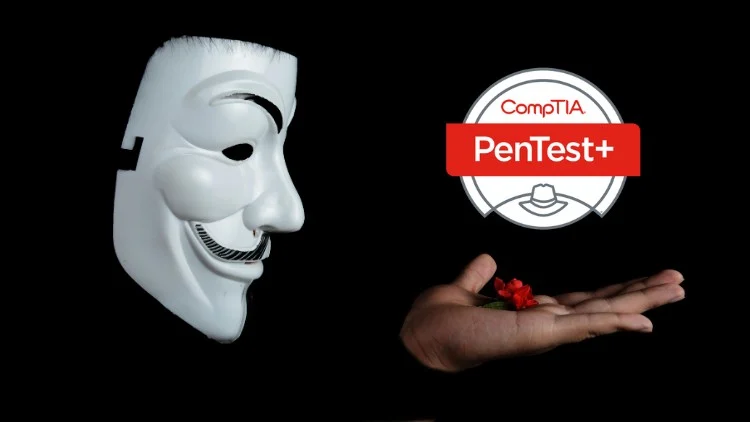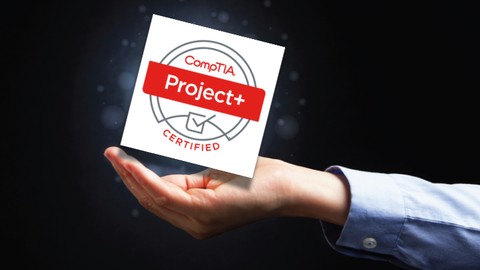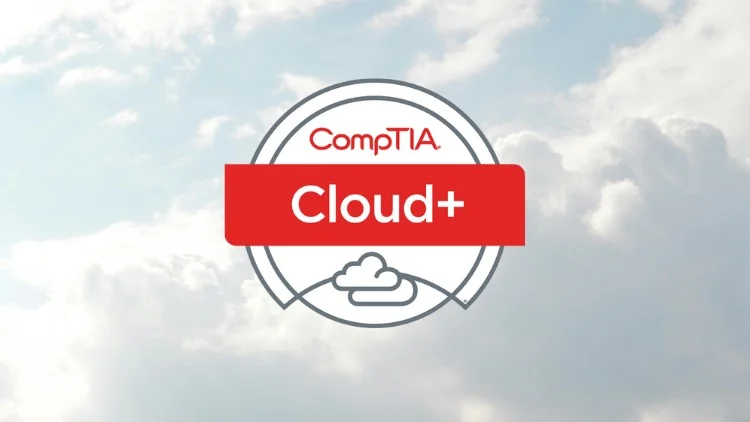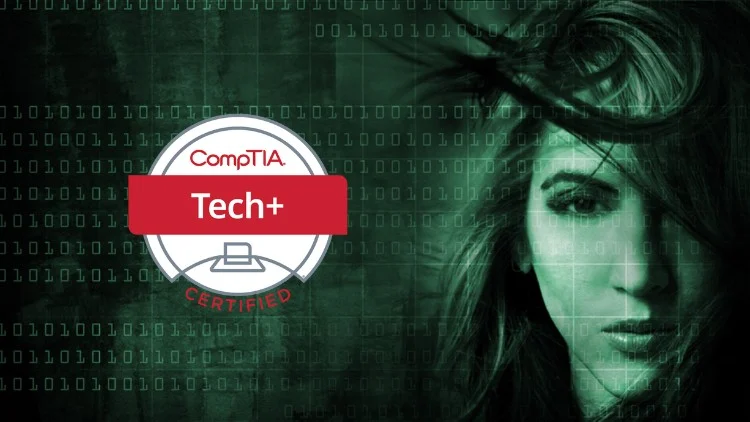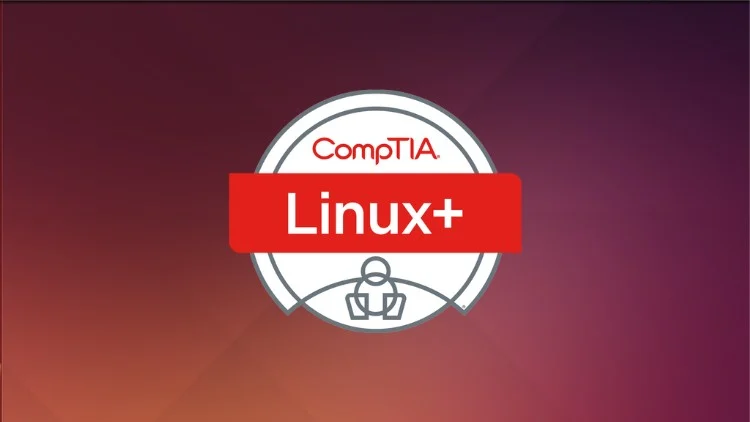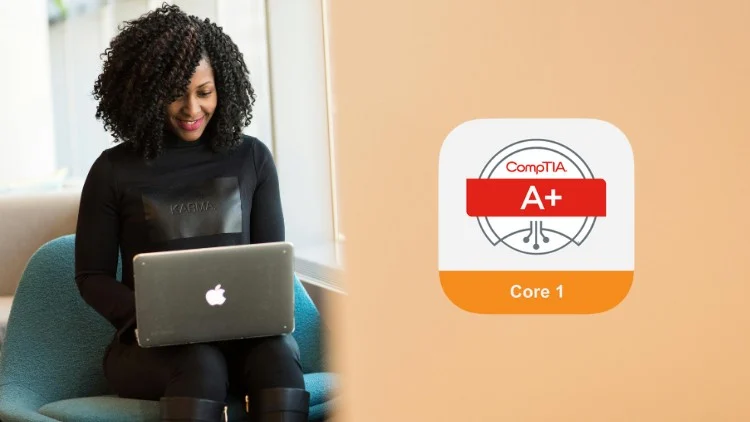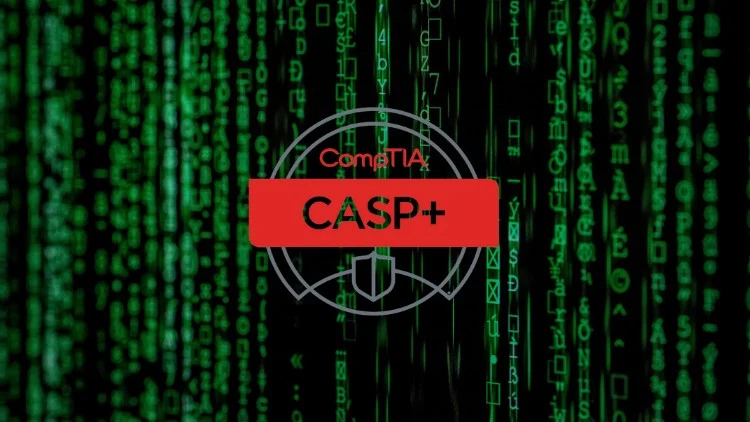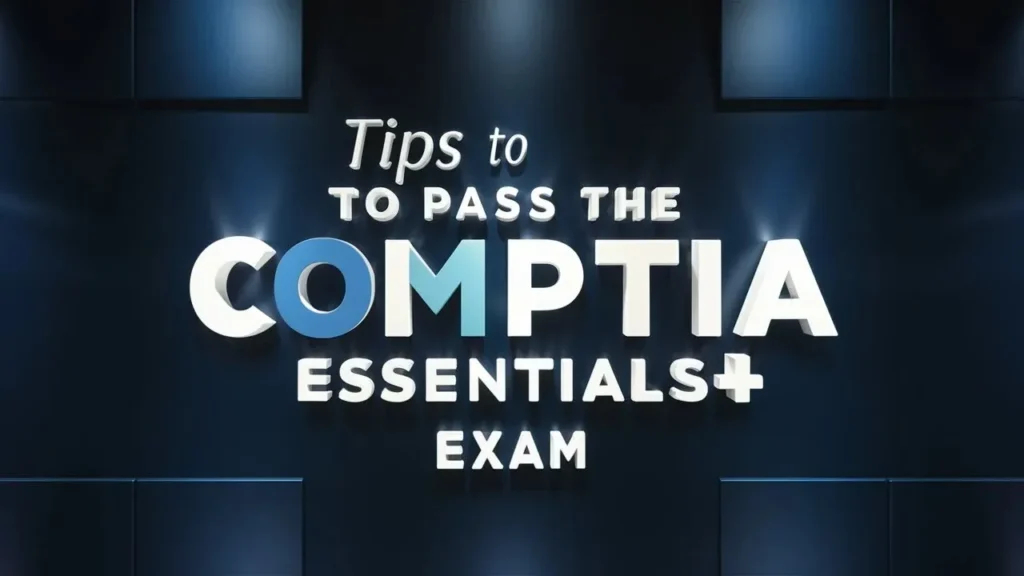Introduction
In the ever-evolving world of IT, CompTIA Certifications remain among the most sought-after credentials, thanks to their vendor-neutral status and global recognition. But when planning to earn these certifications, one of the first questions that comes up is: How much does it cost to become certified? and How do I effectively prepare for CompTIA Certification exams?
This CompTIA Certification Guide focuses on two major aspects of the certification journey: CompTIA Certification Costs (including the exam fees for CompTIA certifications) and how to tackle CompTIA Exam Preparation efficiently in 2025. We will dive into everything from exam fee breakdowns and study material expenses to budgeting tips and recommended resources.
By the end, you’ll have a complete overview of the IT certification expenses you can expect and a solid game plan to ace your exams without breaking the bank.
Why CompTIA Certifications Matter in 2025
Before we tackle costs, it’s important to understand why these credentials are so highly regarded. Here are some compelling reasons:
- Vendor-Neutral Edge:
CompTIA credentials validate foundational skills relevant to diverse systems—be it Microsoft, Linux, Cisco, or cloud environments. This universal appeal makes them a favorite of employers worldwide. - High Demand and Credibility:
As technology continues to drive business innovation, companies need professionals with recognized, up-to-date skills. CompTIA exams are updated regularly to keep pace with industry trends, ensuring you remain a valuable asset in the job market. - Career Growth and Salary Boost:
Certified professionals often command higher salaries and have broader growth opportunities. Whether you’re an entry-level technician or looking to pivot into cybersecurity, CompTIA can help you stand out. - Stepping Stones to Advanced Roles:
With core, infrastructure, and advanced security certifications, CompTIA offers a clear path—from fundamentals like CompTIA A+ to high-level security expertise with CompTIA CASP+.
The key takeaway? Investing in CompTIA certifications can be the catalyst for your IT career development, justifying both the financial and time commitments.
Exam Fees for CompTIA Certifications: A Detailed Breakdown
When we talk about exam fees for CompTIA certifications, it’s crucial to note that pricing can fluctuate based on geographic region, currency exchange rates, and promotional offers. However, we’ll focus on standard U.S. pricing, as that serves as a useful reference point for many candidates worldwide.
CompTIA has multiple certifications, each with its own exam fee structure. Below is a comprehensive guide to CompTIA certification costs in 2025 based on the latest information and trends:
1. CompTIA A+
- Cost (Per Exam): Approximately $239
- Number of Exams Required: 2 (Core 1 and Core 2)
- Total Exam Costs: ~$478
- Target Audience: Aspiring IT support specialists, help desk technicians, computer repair professionals
- Key Skills Validated: Hardware, software, troubleshooting, operating systems, networking basics
Budget Tip: Some bundles include both A+ exams plus official study materials at a discounted rate. Keep an eye out for deals around holiday seasons or IT conferences.
2. CompTIA Network+
- Cost: Approximately $338
- Number of Exams Required: 1
- Target Audience: Entry-level network administrators, network field technicians, help desk technicians with a focus on network tasks
- Key Skills Validated: Network architecture, protocols, security, troubleshooting, operations
Budget Tip: If you already have strong networking experience, consider a shorter study window to cut down on extended prep course costs.
3. CompTIA Security+
- Cost: Approximately $392
- Number of Exams Required: 1
- Target Audience: IT professionals looking to specialize in security, including systems administrators, network administrators, security administrators
- Key Skills Validated: Threat management, cryptography, identity management, secure networking, compliance
Budget Tip: Certain organizations like the U.S. Department of Defence reimburse Security+ exam fees. Check if your employer offers financial support or exam vouchers.
4. CompTIA Linux+
- Cost: Approximately $358
- Number of Exams Required: 1
- Target Audience: Linux administrators, DevOps professionals, system administrators, cybersecurity analysts
- Key Skills Validated: Command-line usage, system configuration, Linux file systems, user management, security
Budget Tip: If you frequently work in open-source environments, your employer may encourage and finance a Linux+ certification. Explore in-house training funds or bursaries.
5. CompTIA Cloud+
- Cost: Approximately $390
- Number of Exams Required: 1
- Target Audience: Cloud engineers, cloud support specialists, data center technicians
- Key Skills Validated: Cloud architecture, virtualization, resource management, security, troubleshooting
Budget Tip: Bundle deals with Network+ or Security+ are occasionally available, especially for those focusing on holistic infrastructure skills.
6. CompTIA CySA+
- Cost: Approximately $392
- Number of Exams Required: 1
- Target Audience: Cybersecurity analysts, SOC analysts, threat intelligence experts, vulnerability assessment specialists
- Key Skills Validated: Threat detection, incident response, vulnerability management, security tools usage
Budget Tip: Seek out advanced security learning packages that combine CySA+ with Security+ or PenTest+. Some training providers offer multi-exam deals.
7. CompTIA PenTest+
- Cost: Approximately $392
- Number of Exams Required: 1
- Target Audience: Ethical hackers, penetration testers, security consultants
- Key Skills Validated: Vulnerability assessment, penetration testing methodologies, reporting, and remediation strategies
Budget Tip: If you have a robust background in ethical hacking, you may need fewer supplementary materials. Free online resources and specialized communities can significantly cut costs.
8. CompTIA CASP+ (CompTIA Advanced Security Practitioner)
- Cost: Approximately $480
- Number of Exams Required: 1
- Target Audience: Senior security engineers, security architects, and advanced cybersecurity practitioners
- Key Skills Validated: Enterprise-level security architecture, risk analysis, cryptographic techniques, governance, and incident response
Budget Tip: CASP+ is a high-level certification, often employer-sponsored. If you’re working as a senior-level engineer, pitch the cost-benefit to your organization for potential reimbursement.
IT Certification Expenses Beyond the Exam Fee
While CompTIA Certification Costs are often synonymous with exam fees, IT certification expenses can include a variety of additional outlays. Understanding these can help you plan and budget effectively.
1. Study Materials and Training Courses
- Official Study Guides: Generally range from $50 to $130, depending on the certification level and format (eBook vs. print).
- Video Courses: Popular platforms like Udemy, Pluralsight, or LinkedIn Learning can cost anywhere from $20 (when on sale) to $300 for comprehensive bootcamp-style courses.
Instructor-Led Training: Could set you back $1,000+ for multi-day programs, but you gain expert guidance and often a structured learning environment.
2. Practice Exams and Labs
- Practice Exam Packages: Typically, $10–$50, depending on the number of practice tests and vendor credibility.
- Online Labs: Virtual labs or simulation environments can cost $100–$200 monthly or more, but often come bundled with e-learning platforms.
Why They Matter: Practice tests and hands-on labs from Gururo significantly boost your exam readiness by simulating real-world scenarios and the actual exam experience. They can save you the cost of retakes (which is almost as high as the original exam fee).
3. Memberships and Bundles
- CompTIA Membership: If you work for a CompTIA member organization, you might receive discounted exam vouchers.
- Certification Bundles: Some training providers bundle exam vouchers, study guides, and practice tests at a reduced rate.
- Student Discounts: If you’re a current college student, you may be eligible for academic pricing on exam fees and study materials.
By combining these offers, you could potentially save hundreds of dollars, making your certification pursuit more affordable.
How to Prepare for CompTIA Certification Exams in 2025
Effective CompTIA Exam Preparation requires both strategic planning and consistent effort. Below are detailed steps to optimize your study journey.
1. Setting a Study Schedule
- Map Out Objectives: Start by reviewing the official exam objectives from CompTIA’s website. Identify the areas that need the most attention.
- Create a Timeline: Whether you allocate three months or six weeks depends on your background and learning style. Be realistic—avoid cramming.
- Consistency is Key: Even one or two hours of dedicated daily study can lead to significant progress over time.
2. Choosing Study Resources
- Official Guides: These are directly aligned with exam objectives, offering a reliable foundation.
- Third-Party Authors: Authors like Mike Meyers (for A+), Todd Lammle (for Network+), and others produce in-depth resources with helpful tips and real-life anecdotes.
- Video Tutorials: Great for visual learners and can simplify complex topics like subnetting or cryptography.
3. Using Practice Tests Effectively
- Identify Knowledge Gaps: Take a practice test before you start studying. This diagnostic approach highlights your weak areas early.
- Reinforce Learning: After completing a domain (e.g., hardware, networking), test your understanding with domain-specific questions.
Timed Tests: Simulate the real exam environment by setting a timer. This trains you to pace yourself and manage stress.
4. Hands-On Experience and Labs
- Virtual Labs: Platforms like Cisco’s Packet Tracer (for networking) or virtual machine environments (for Security+) let you practice real commands and configurations.
- Home Labs: If you have spare hardware, set up a small network or experiment with different operating systems. This hands-on practice makes theory stick.
- Work Projects: Volunteer for extra tasks at your current job or internship, focusing on tasks related to the certification’s subject matter.
5. Time Management and Test-Taking Strategy
- Use the Tutorials: Most CompTIA exams offer a tutorial at the start—use it to understand the interface and question types.
- Flag Difficult Questions: If you find a question challenging, flag it and move on. You can return to flagged items after answering easier ones.
- Review Carefully: If time permits, review your answers. Sometimes a second look can catch errors or misreads.
Tips for Budgeting for CompTIA Certification Preparation
- Plan Ahead:
- Identify all possible expenses: exam fees, study guides, practice tests, labs, and potential retakes.
- Factor these into a monthly or quarterly budget to avoid financial surprises.
- Search for Discounts:
- Look for seasonal or holiday discounts from official CompTIA partners.
- Check if your employer, military, or educational institution provides discounted vouchers.
- Leverage Free Resources:
- YouTube tutorials, blog posts, and free practice quizzes can supplement official materials.
- Join online communities like Reddit’s r/CompTIA for tips and shared experiences.
- Use Voucher Deals:
- Sometimes training providers offer free retake vouchers. If you’re unsure about your readiness, such deals can be a safety net against failing on your first attempt.
- Invest in Quality:
- While free resources are helpful, consider investing in well-regarded prep materials. Passing on the first try is far cheaper than paying for multiple retakes.
Are CompTIA Certifications Worth the Investment in 2025?
Short answer: Yes, but it depends on your goals, career stage, and the specific certification. Here’s why they generally provide a strong return on investment:
- Industry Validation: Employers trust these credentials because CompTIA is a recognized industry authority.
- Broad Skill Coverage: CompTIA offers paths in networking, security, cloud, and more—ensuring versatility in a rapidly changing tech landscape.
- Career Acceleration: Certified professionals often advance faster, landing roles with greater responsibility and compensation.
- Future-Proofing: Certifications like CompTIA Security+, CySA+, or CASP+ are increasingly essential in an era where cybersecurity threats dominate.
Of course, success also depends on how you leverage the certification: networking at events, showcasing your skills in projects, and continuously learning beyond the exam content.
Conclusion
Navigating CompTIA Certification Costs and planning a solid CompTIA Exam Preparation strategy in 2025 requires both foresight and organization. By understanding the exam fees for CompTIA certifications—from entry-level A+ to advanced CASP+—and factoring in additional IT certification expenses like study materials and practice labs, you can set a realistic budget that covers all the essentials.
Moreover, the right preparation approach—combining structured study schedules, quality practice tests, and hands-on experience—can significantly reduce the risk of costly retakes. And while the upfront investment may appear substantial, the career benefits, skill validation, and potential salary boosts often make CompTIA certifications well worth it in today’s competitive IT landscape.
Whether you’re a newcomer stepping into the tech arena or a seasoned professional looking to specialize further, a well-planned certification path can be your gateway to advanced roles, higher income, and sustained career growth. Use the tips, resources, and guidelines shared in this CompTIA Certification Guide to make an informed decision, stay within budget, and approach your exam with confidence.
Maximize your exam success with Gururo’s expertly crafted CompTIA Certification exam practice tests! Get started today and take your preparation to the next level.
Disclaimer: The costs and pricing details mentioned here are approximate and subject to change based on location, currency exchange rates, and promotional offers. Always refer to the official CompTIA website or authorized training providers for the most accurate and up-to-date information.
FAQs
What are the costs associated with CompTIA certifications in 2025?
Standard U.S. exam fees range from about $239 for CompTIA A+ (per exam) to around $480 for CompTIA CASP+. Prices can vary based on region, currency exchange, and any discounts or bundles you find.
How much do CompTIA exams cost?
CompTIA exam costs typically range between $239 and $480. For example, CompTIA A+ costs around $239 for each of its two required exams, while a single CASP+ exam is about $480. Check CompTIA’s official website for updated pricing or localized rates.
What are the best resources for preparing for CompTIA certifications in 2025?
- Official Study Guides from CompTIA
- Video Courses on platforms like Udemy or Pluralsight
- Practice Tests from reputable providers like Gururo
- Hands-On Labs (e.g., virtual labs or home setup)
- Online Communities (Reddit’s r/CompTIA, Discord channels, LinkedIn groups
Are CompTIA certifications worth the investment in 2025?
Yes. CompTIA’s globally recognized credentials can significantly enhance your IT career by validating your skills to employers, potentially leading to better job opportunities and higher salaries. Their broad coverage of skills also future-proofs your career against shifting tech trends.
How to effectively prepare for CompTIA exams on a budget?
- Leverage Free Resources: YouTube tutorials, open-source eBooks, and community forums.
- Seek Discounts: Look for promotional vouchers and holiday sales.
- Use Practice Tests Wisely: Focus on retake policies or free retake vouchers to minimize the cost of multiple attempts.
- Self-Study: Instead of enrolling in expensive bootcamps, opt for self-paced video courses if you’re disciplined enough

